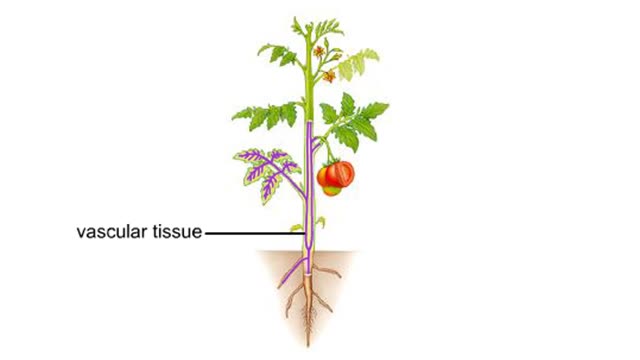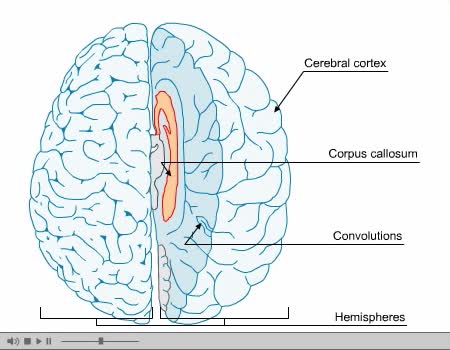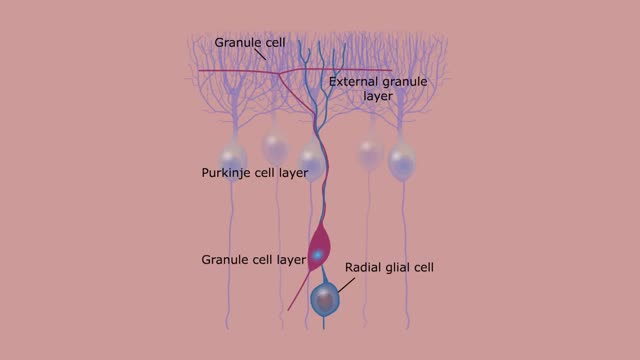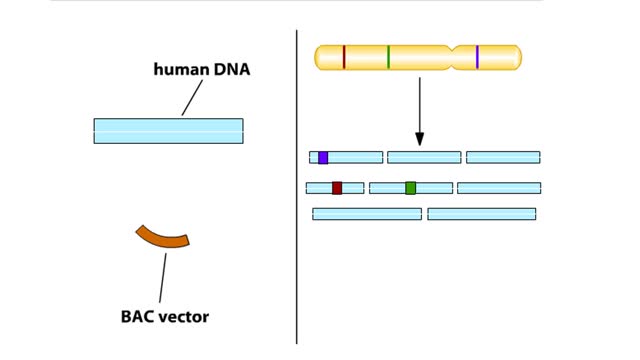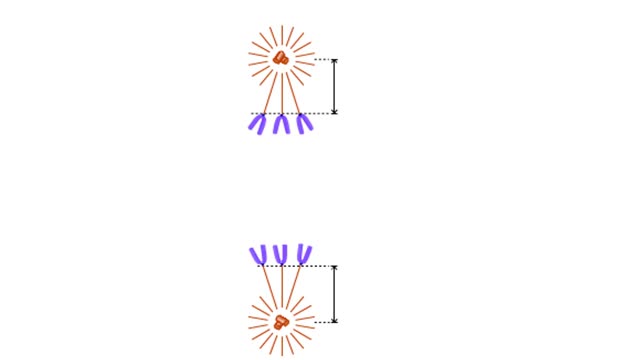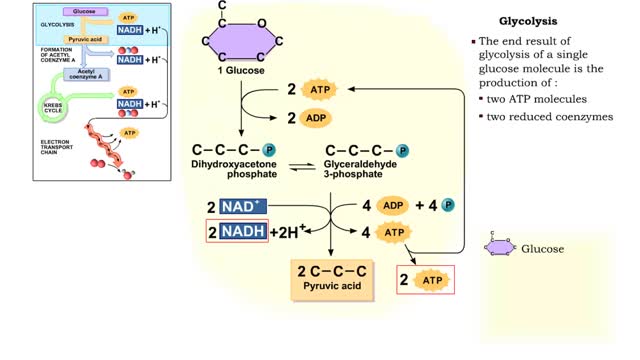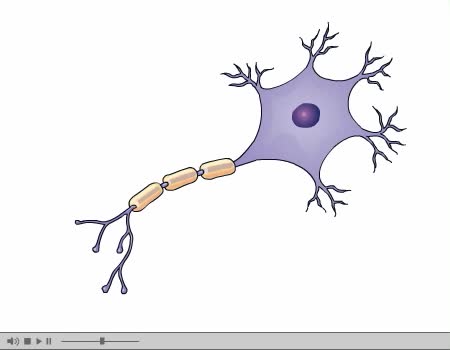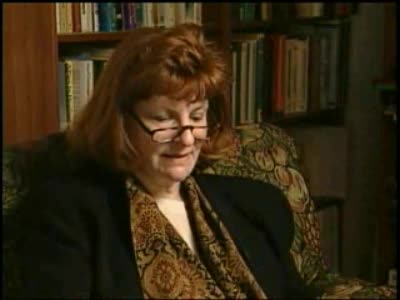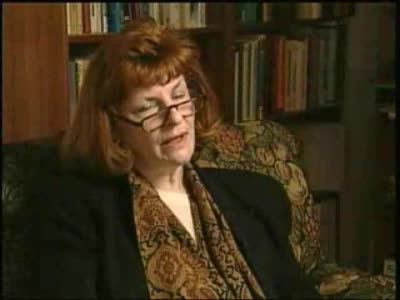Search Results
Results for: 'Protozoan conjugation is an unusual form of sexual reproduction Animation'
By: HWC, Views: 5461
The bulk of the plant body is comprised of ground tissue. Vascular tissue threads through the ground tissue. It distributes water, solutes, and organic substances through the plant body. Dermal tissue covers and protects the surfaces of the root and shoot systems.
By: Administrator, Views: 13789
The corpus callosum (Latin for "tough body"), also callosal commissure, is a wide, thick, nerve tract consisting of a flat bundle of commissural fibers, beneath the cerebral cortex in the brain. The corpus callosum is only found in placental mammals. It spans part of the longitudinal fissure, con...
Cavernous Sinus Larynx Middle Ear Orbit: Granulesm Animation
By: HWC, Views: 10201
The cavernous sinuses are located within the middle cranial fossa, on either side of the sella turcica of the sphenoid bone (which contains the pituitary gland). The cavernous sinuses, a rich plexuses of veins that surround the internal carotid arteries, lie lateral to the pituitary fossa. Ant...
Hierarchical Sequencing Method - Sequence Tagged Sites
By: HWC, Views: 10160
In the hierarchical sequencing method, researchers begin by collecting cells. In humans, each cell contains 23 pairs of chromo-somes. Here we specifically track the DNA from just one of the 23 pairs. Chromosomes have a series of unique DNA sequences, called sequence-tagged sites (STSs), that a...
Chromosome structural organization/ Mechanisms for chromosome movement Animation
By: HWC, Views: 7127
How the chromosome is organized. At metaphase, the chromosomes are duplicated and are at their most condensed. In each chromosome, two identical sister chromatids are held together at a constricted region called the centromere. When a chromosome is condensed, interactions among chromosomal ...
By: HWC, Views: 11218
The first reactions involve a single 6-carbon glucose sugar undergoing phosphorylation using two ATP molecules and resulting in two 3-carbon compounds. • The rest of this pathway involves an oxidation reduction reaction, forming two reduced coenzymes, and generation of four ATP molecules. ...
Nerve Impulse Transmission Animation
By: Administrator, Views: 14319
How nerves transmit impulses. Stimulation of a nerve occurs at a receptor. Sensory receptors Specialized to specific types of stimulation such as heat, cold, light, pressure, or pain. React by initiating a chemical change or impulse. All-or-none principle Means that no transmission occ...
Dissociative Disorders (Part 3)
By: Administrator, Views: 13847
Dissociative disorders (DD) are conditions that involve disruptions or breakdowns of memory, awareness, identity, or perception. People with dissociative disorders use dissociation as a defense mechanism, pathologically and involuntarily. Some dissociative disorders are triggered by psychological...
Dissociative Disorders (Part 2)
By: Administrator, Views: 13827
Dissociative disorders (DD) are conditions that involve disruptions or breakdowns of memory, awareness, identity, or perception. People with dissociative disorders use dissociation as a defense mechanism, pathologically and involuntarily. Some dissociative disorders are triggered by psychological...
Advertisement



